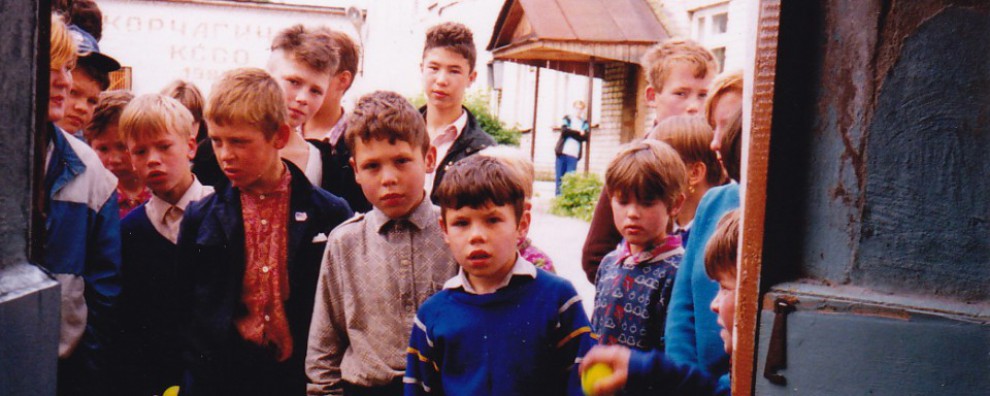Earlier this week, NBC News ran this surprisingly frank and cogent piece on Black History Month. Under any circumstances, and particularly those in which I’ve spent the past 16 years working, I’ve never found satisfying the idea of a single month for Black History; as this feature rightly observes, in the not particularly humble opinion of Mark’s Text Terminal, Black History is United States History.
Search Mark’s Text Terminal
Mark’s Text Terminal Categories
Tags
argumentation art/architecture/design asian-pacific history assessments black history building vocabulary/conceptual knowledge career/technical education cognition/learning/understanding context clues cultural literacy diction/grammar/style/usage drama/theater fiction/literature film/television/photography first nation/indigenous peoples' history foreign languages health high-interest materials hispanic history homophones humor idioms learning supports lgbtq history literary oddities music numeracy philosophy/religion poetry professional development punctuation questioning/inquiry readings/research science literacy social-emotional learning sports term of art united states history women's history word roots-
Join 358 other subscribers
Mark Is Currently Reading
Blogs Followed at Mark's Text Terminal
- Andrea Gabor's Blog
- Dean Ramser
- Debating For Everyone
- deutsch29
- Diane Ravitch's Blog
- Education Opportunity Network
- Educational Bloggers Network
- Electablog
- Gadfly on the Wall
- Have You Heard
- janresseger
- Live Long and Prosper…
- Lluis Busse
- Logical Quotes
- Praxis
- radical eyes for equity
- Restore Reason
- School Matters
- The Curious Guy
- The Historical Diaries
- The Progressive Educator
Mark’s Text Terminal Archive
- May 2024 (12)
- April 2024 (31)
- March 2024 (31)
- February 2024 (25)
- January 2024 (26)
- November 2023 (4)
- October 2023 (65)
- September 2023 (36)
- August 2023 (24)
- July 2023 (56)
- June 2023 (39)
- May 2023 (24)
- April 2023 (24)
- March 2023 (30)
- February 2023 (25)
- January 2023 (28)
- December 2022 (35)
- November 2022 (36)
- October 2022 (24)
- September 2022 (39)
- August 2022 (44)
- July 2022 (178)
- June 2022 (92)
- May 2022 (54)
- April 2022 (55)
- March 2022 (24)
- February 2022 (28)
- January 2022 (96)
- December 2021 (72)
- November 2021 (69)
- October 2021 (61)
- September 2021 (62)
- August 2021 (157)
- July 2021 (131)
- June 2021 (87)
- May 2021 (43)
- April 2021 (45)
- March 2021 (46)
- February 2021 (41)
- January 2021 (40)
- December 2020 (30)
- November 2020 (62)
- October 2020 (154)
- September 2020 (126)
- August 2020 (197)
- July 2020 (154)
- June 2020 (81)
- May 2020 (115)
- April 2020 (233)
- March 2020 (262)
- February 2020 (150)
- January 2020 (188)
- December 2019 (124)
- November 2019 (59)
- October 2019 (82)
- September 2019 (74)
- August 2019 (81)
- July 2019 (97)
- June 2019 (130)
- May 2019 (52)
- April 2019 (127)
- March 2019 (42)
- February 2019 (43)
- January 2019 (144)
- December 2018 (95)
- November 2018 (57)
- October 2018 (74)
- September 2018 (106)
- August 2018 (107)
- July 2018 (104)
- June 2018 (105)
- May 2018 (47)
- April 2018 (32)
- March 2018 (46)
- February 2018 (42)
- January 2018 (51)
- December 2017 (28)
- November 2017 (20)
- October 2017 (26)
- September 2017 (27)
- August 2017 (12)
- July 2017 (94)
- June 2017 (92)
- May 2017 (35)
- April 2017 (23)
- March 2017 (27)
- February 2017 (27)
- January 2017 (25)
- December 2016 (12)
- November 2016 (10)
- October 2016 (11)
- September 2016 (12)
- August 2016 (15)
- July 2016 (8)
- June 2016 (13)
- May 2016 (14)
- April 2016 (11)
- March 2016 (13)
- February 2016 (8)
- January 2016 (9)
- December 2015 (6)
- November 2015 (9)
- October 2015 (9)
- September 2015 (9)
- August 2015 (4)
- July 2015 (3)
Recent Comments on Mark’s Text Terminal

You must be logged in to post a comment.